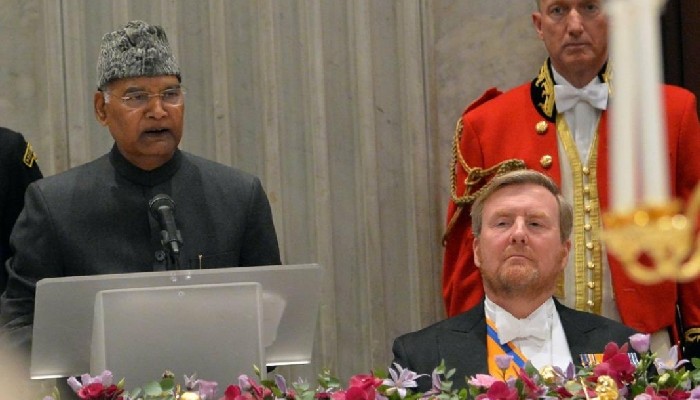The commission had sought legal opinion from experts before deciding that the Union Territory of J&K will receive grants from the home ministry from the Centre’s share of funds.
As part of the devolution formula prescribed by the 15th Finance Commission (FFC), Jammu and Kashmir will be treated as a Union territory (UT), despite the Centre’s assurance that this status is temporary and that statehood will be restored “at an appropriate time".
“It is not a dark secret that the state of J&K is now a UT. So being a UT, we have treated it as a UT. How can you treat a UT other than a UT? But that does not mean we have not taken into account the constitution of the two new UTs (J&K and Ladakh)," FFC chairman N.K. Singh told reporters after the commission submitted its first report to the government on Monday.
The commission had sought legal opinion from experts before deciding that the Union Territory of J&K will receive grants from the home ministry from the Centre’s share of funds. States’ share of the money comes directly from the consolidated fund of India. Singh said opinion was taken from legal experts such as Nani Palkhivala. “It would be naive for me to have not consulted legal experts on what would be the appropriate course of action."
The J&K Reorganisation Act passed by Parliament says the President shall make a reference to the FFC to “include Union territory of Jammu and Kashmir in its terms of reference and make award for the successor Union territory of Jammu and Kashmir".
The centre’s assurance of restoring J&K’s status as a state had led to the impression that an exception will be made by the FFC for J&K, which would continue to receive its share of taxes like any other state.
When asked whether the FFC was asked to make a special provision for J&K, Singh said: “We have received no such reference. As far as we are concerned, we have done our modelling for 28 states with two new union territories of J&K and Ladakh. Constitutionally, there will be an infirmity on non-states getting share of net proceeds of taxes which are admissible only to states," he added.
D.K. Srivastava, chief policy advisor, EY India, said the formation of J&K and Ladakh as UTs will have significant implications for the vertical and horizontal dimensions of fiscal transfers.
“However, whether the tax devolution to individual states will increase or decline after total number of states decreased from 29 to 28 will depend on the devolution formula adopted by the finance commission," he added.
Asked if the President makes a fresh reference to make an exception for J&K for the final report, which the FFC will submit next year, Singh said references from the President do not automatically turn into action. “We have to consider the legality of it."
Last month, the Union Cabinet extended the tenure of the finance commission by another year.
The FFC submitted its first report for 2020-21 to the President earlier this month, and is expected to submit its second and final report for the reward period 2021-22 to 2025-26 by 30 October.
The government is expected to release the first report of the FFC just before the Budget presentation on 1 February. The extension of the term will enable the commission to examine various comparable estimates for financial projections in view of the reforms and the new realities to finalise its recommendations for 2020-26. Singh said the second report will not be a mechanical replication of the first, but will be a comprehensive report. “We will revisit all recommendations, though we may or may not modify them. We will have an advantage of GDP growth of four more quarters," he added.
(Courtesy: The Mint)
 Contact Us
Contact Us  Subscribe Us
Subscribe Us









 Contact Us
Contact Us
 Subscribe
Subscribe
 News Letter
News Letter

